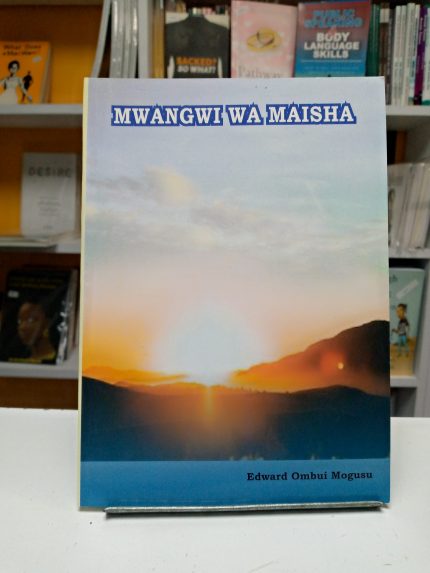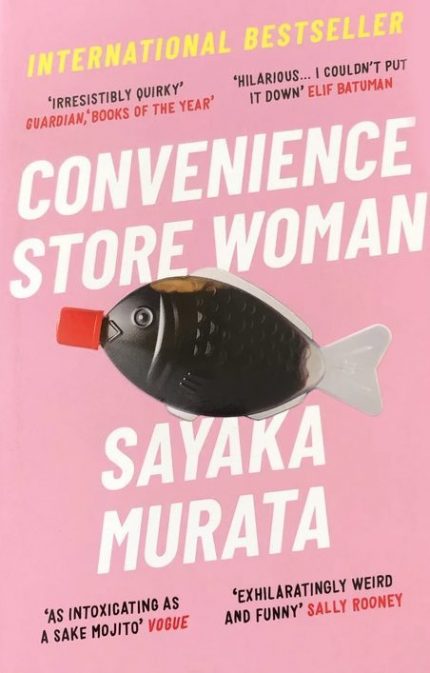The life story of B. E. Kipkorir (1939-2015) is a stunning account told with the grace and ease of a seamless symphony; in captivating literary language, complete with rhetorical flashes of gripping phrases and simple sentences mortised to astonishing tightness. It is a story about the ultimate triumph of a man who beat great odds to scale the highest heights he possibly could.
A singular raconteur, the author weaves a tapestry – spanning many years – in quick rapid fire, both vivid and compelling. It’s a story to make you laugh, a story to make you cry, to build your faith to maximize your potential, for it is a story about possibilities.
We read fascination as the quintessential Marakwet village boy, with almost frightful upbringing turns into a consummate academic (albeit reluctantly), as he makes an epic journey through GAS Tambach, Alliance High School, Makerere University and finally, to Cambridge University, England.
Kipkorir, an amazing figure of pure will, took his burning ambition to equally deadly and fierce combat zones of war: study, the corporate world and public service; working, as a Deputy Clerk of the Sirikwa County Council, a lecturer at the University of Nairobi, Executive Chairman of the Kenya Commercial Bank and later, as Kenya’s Ambassador to Washington.
Then, in a cruel twist of fate, disaster struck the Kipkorir’s closely-knit family, with the force of a hurricane - and the family was shaken to a jolt - when Kipkorir’s wife, Lea, was diagnosed with cancer. The author nostalgically relieves his last days with Lea, in a language that is heartbreaking, poetic and haunting; he recounts joys past and envisions what could have been.
Despite the passionately penetrating, often unflattering accounts of his personal and family life, these memoirs are a work of history. Of no less relevance are his accounts of the incredibly amateurish approaches of European missionaries to the social engineering of African societies and their culture, aided in so small measure by colonial administrators, employing Africans’ own resources for the purpose! These memoirs are the history of his people, both local and national, in his time and circumstances. They inform and challenge. They are intended to inspire others to contribute further to the illumination of our time.









